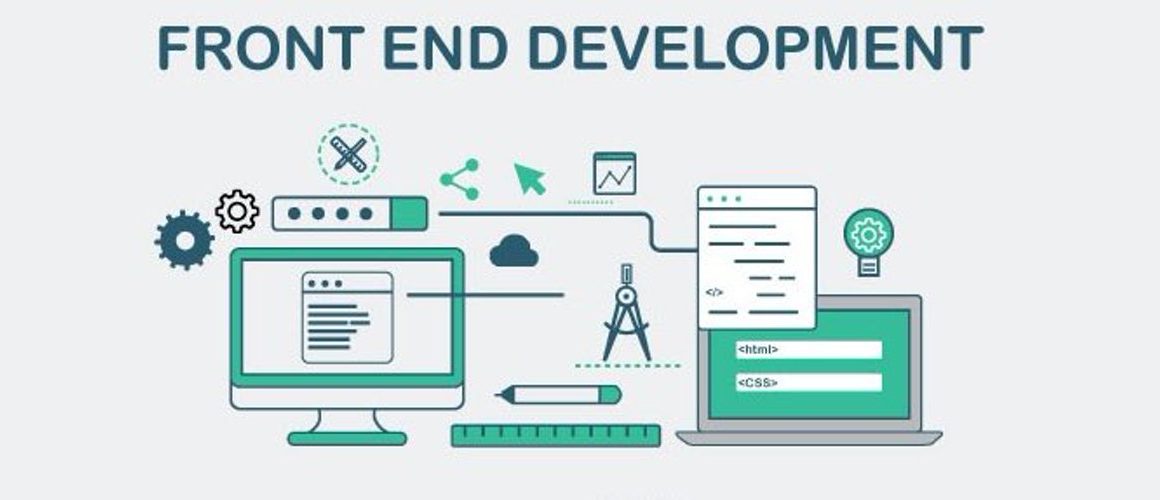Unfortunately, no computer is entirely safe, no of how many precautions you take to safeguard your private data. Theoretically, every internet-connected gadget is susceptible to hacking. If your personal information were to fall into the wrong hands, anything from your bank account to your credit cards to your social media accounts might be at risk.
Nothing can be completely secure, according to Lucas Apa, a hacker and penetration expert at the Seattle-based security firm IOActive. Technology isn’t static, after all. Technology advances faster than security specialists can find and fix vulnerabilities.
Related Blog: THIS IS HOW HACKERS CREATE VIRUSES FOR ANDROID SMARTPHONES USING AHMYTH RAT
Fortunately, technology has caught up with these terrifying times, and there are many steps you can take to safeguard your online (and physical) accounts. Even tech-phobes can (and should) take concrete steps to secure their online activity, such as using password managers and two-factor authentication, even though there is always a chance that a malicious hacker (or, you know, the NSA) could get their hands on your email address, texts, and social media accounts.
In an interview with Complex, Apa offered many security tips for keeping your online gadgets, accounts, and personal information secure:
Tips to Reduce Your Chances of Getting Hacked
Here are actions you can take right away to lessen the hazard to your organization:
Authentication with Multi-Factor
Turning on multi-factor or two-factor authentication for as many accounts as possible is arguably the most effective way to secure your online funds. The technique employs a second piece of data, frequently a code produced by an app or transmitted through SMS, in addition to a password.
Since the codes are frequently accessible on the phone in your pocket, this additional piece of information aids in establishing that you are the one trying to log in. Even if you have a simple password to guess (we’ll discuss that in a moment), an attacker will probably need your phone to access your account if multi-factor authentication is enabled.
You can find a guide to all the accounts that support the approach here. Still, in the beginning, you should enable it for all the reports that store sensitive personal data—like social media sites like Facebook, Instagram, and Twitter, messaging services like WhatsApp, and your email accounts.
However, not all types of multi-factor authentication are created equally. Compared to receiving codes via SMS, code-generating apps are considered safer, and physical security keys add a layer of security.
Filter Service for Mail
Email is used to send 94% of malware to a company. The first line of protection for your company is spam filters. To lessen the likelihood of a security breach, a spam filter should pick out as many undesirable emails as possible before reaching your users.
Users must be taught how to act as their mail filters. No filtering service will ever be able to prevent spam from reaching the inboxes of your employees thoroughly. The small fraction of spam that gets past the filter can be avoided by training employees to recognize phishing and spam emails.
Implement Password Manager.
You may establish a complicated, one-time-use password for each website without worrying about inputting the password more than once by using password managers, which save and automatically populate your login information for several websites. A password manager will help make your device considerably safer, though you should still keep track of your passwords manually.
One password, Sticky Password Premium, Dashlane 4, LastPass 4.0 Premium, and LogMeOnce Ultimate are some highly regarded third-party password managers.
Although they usually don’t encrypt, most browsers feature a built-in password manager that stores your passwords.
Setup Effective Anti-Malware Program
Although using antivirus and anti-malware software should go without saying, some users still need a gentle reminder. These security programs periodically analyze your device and eliminate harmful infections. Additionally, they warn you if you access a spammy or dangerous website or download a damaged file from the internet.
Make careful you only get an antivirus product from a respected vendor when selecting.
A popup or random email warning you that your computer is infected may be scareware, so be wary of it. Scareware is shoddy antivirus software that may act as a virus or spyware to track your movements.
Never click on these URLs or advertisements; don’t set up untested security software either. We strongly advise Comodo Antivirus. It has both free and paid versions and is a very recognized brand.
Encrypt Everything
Communication security has never been more straightforward. Companies that handle our data, such as the emails and files we upload to the cloud, have come to understand over the past five years that encryption benefits them and their clients. Encrypted services can communicate information that is more resistant to monitoring and inaccessible if your device is lost or stolen.
Signal and WhatsApp are the two leading end-to-end encrypted chat platforms. Voice and video calls and messages (including attachments like photographs and movies) are all by default encrypted in both apps. Both of these allow you to send messages that vanish after a predetermined time. Even for people who have access to your devices, the technique can help keep your talks private. We recommend using Signal whenever feasible because it doesn’t belong to Facebook and collects less data than WhatsApp. However, WhatsApp offers much more security than applications that don’t automatically employ end-to-end encryption if you can’t persuade your friends to switch to Signal.
ProtonMail, an encrypted email provider, can safeguard your emails, and you also have the choice to utilize burner email addresses for mailing lists and transactions when you don’t want to give out your personal information.
Encrypting the files on your devices and your messages can help lower the likelihood that your data will be compromised if your devices are stolen or hacked. Your hard disk is automatically encrypted on the iPhone and iOS. Just be cautious about securing your devices with a strong PIN or password. To encrypt the hard disk on your laptop or computer, more work is required. To encrypt your starting disk, enable FileVault on Apple. To enable encryption on Windows, utilize BitLocker or the Settings menus. If you find it challenging to encrypt your data, you should get help from IT Consulting Companies in Dallas.
Device Restarts and System Updates
Rebooting your computer is necessary for security reasons and to avoid overtaxing the systems.
Updates not only improve performance and add features but also fix any security holes that may have existed on the device, making it less susceptible to attack.
Most system upgrades can’t be finished without restarting your computer. Restart your computer immediately after installing updates to ensure you receive the benefits of software updates and patches.
Ransomware and other types of malware must be kept out of your company. The most vigorous defense against cyberattacks is preparation. IT consulting companies in Chicago can be helpful.


